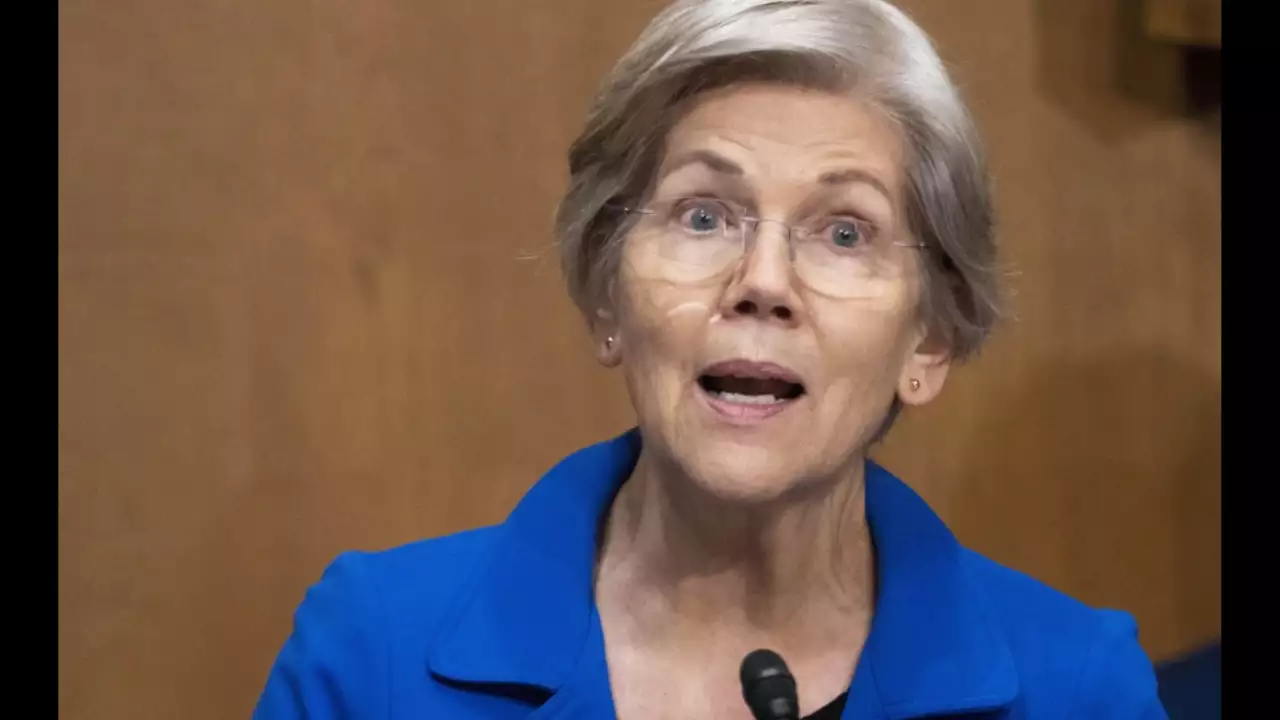Senator Elizabeth Warren of Massachusetts has recently bolstered the support for the Digital Asset Anti-Money Laundering Act, a bipartisan initiative. This act represents a significant step towards more stringent regulation of digital assets, addressing the financial risks inherent in the cryptocurrency ecosystem. By gaining additional backing from the Senate Banking Committee, the bill is gaining momentum.
The Bill’s Objectives and Support
The primary aim of the Digital Asset Anti-Money Laundering Act is to close existing loopholes in cryptocurrency regulation. It targets a range of illicit activities, such as money laundering, ransomware attacks, and drug trafficking. Senators from various states, including Raphael Warnock of Georgia, Laphonza Butler of California, Chris Van Hollen of Maryland, along with the entire Senate Banking, Housing, and Urban Affairs Committee, have joined as cosponsors, showing a broad base of support.

Senators’ Perspectives on Cryptocurrency Risks
Senator Warren has been a vocal advocate for this bill, highlighting the dangers posed by cryptocurrencies in illegal activities, including terrorism and cybercrime. She emphasizes the need for robust laws to combat these issues. Maryland Senator Van Hollen echoes these concerns, pointing out the absence of legal safeguards in the crypto world, making it a preferred medium for illegal activities by various criminal and authoritarian entities.
The Bill’s Comprehensive Measures
The Digital Asset Anti-Money Laundering Act proposes several key measures:
- Extension of Bank Secrecy Act (BSA) Responsibilities: This includes applying Know-Your-Customer requirements to various participants in the digital asset sector, such as wallet providers and miners.
- Addressing Unhosted Wallets: The bill aims to close gaps related to these wallets, which currently allow individuals to circumvent anti-money laundering and sanctions checks.
- Guidance for Financial Institutions: The Financial Crimes Enforcement Network (FinCEN) would instruct institutions on mitigating risks associated with anonymized digital assets.
- Strengthening Enforcement of Compliance: The Treasury Department would establish an AML/CFT compliance examination for entities with BSA obligations. The Securities and Exchange Commission and Commodity Futures Trading Commission would also be involved in this process.
- Inclusion of Digital Assets in FBAR Reporting: Transactions exceeding $10,000 in digital assets through offshore accounts would require reporting to the Internal Revenue Service.
- Regulating Digital Asset ATMs: FinCEN would ensure that ATM owners and administrators submit and regularly update their physical addresses, alongside verifying customer identities.
